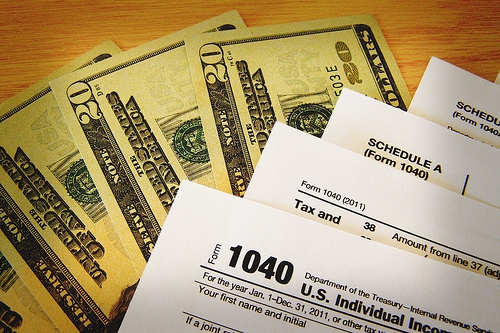Owners of foreign bank account reports (FBAR) have several options to clean up this ugly webinar, and in the related tax litigation attorneys (our firm included) have advised that in appropriate cases a quiet disclosure is a viable option. While our opinion has not changed there are three developments that make it more likely that quiet disclosures will lead to tax audits and the possibility for exposure to FBAR penalties exceeding the OVDP in-lieu penalty. I will be addressing two here, and one in a second post which will be available soon.
First, earlier this year the GAO released a report critical of the IRS for failing to follow-up and audit taxpayers who had filed quiet disclosures. Second, as of July 1, 2013 FBARs must be filed electronically. This is the case even for late filed FBARs! What this means is that it just got easier for the IRS to identify individuals who are filing quiet disclosures. No more manually combing through records to identify late-filed FBARs. Identification of persons who filed quiet disclosures is now just a few key-strokes away.
While this should not discourage taxpayers who believe that their behavior was non-willful, and therefore that the highest FBAR penalties are inapplicable, from filing quiet disclosures, it is a cautionary note for those who hope to win the audit lottery, and never hear from the IRS. Also foreign account holders who are considering a quiet disclosure should analyze the non-willful penalties, which could be imposed if they are audited. The IRS position is that for each foreign financial account that was not listed on the FBAR a separate $10,000 penalty will be imposed. We have seen clients, many from Asian countries, who have 15 or more accounts at a time. Since the statute of limitations on FBAR penalties is six years, someone with 15 accounts who failed to file FBARs could be subject to a penalty of $900,000 ($10,000 x 15 accounts x 6 years)!!
Continue Reading ›


 Tax Problem Attorney Blog
Tax Problem Attorney Blog









 Tax scams have likely been around for as long as taxes have been collected. In light of the significant penalties, fines, prison sentences and other consequences that can be imposed for tax non-compliance issues, taxpayers have good reason to be apprehensive or nervous if they are contacted by someone claiming to
Tax scams have likely been around for as long as taxes have been collected. In light of the significant penalties, fines, prison sentences and other consequences that can be imposed for tax non-compliance issues, taxpayers have good reason to be apprehensive or nervous if they are contacted by someone claiming to